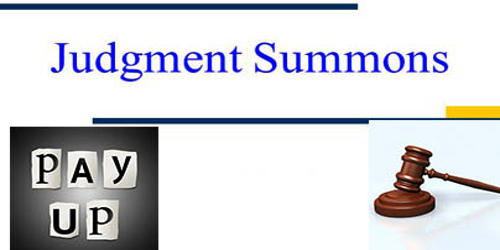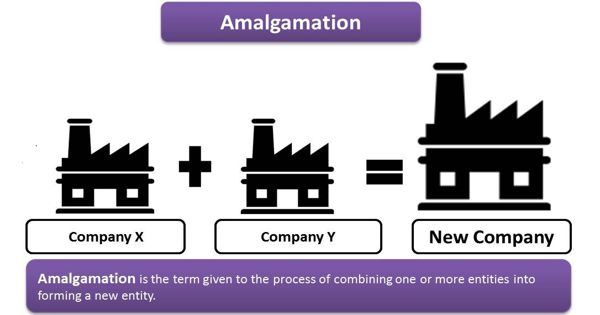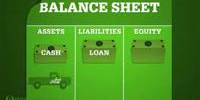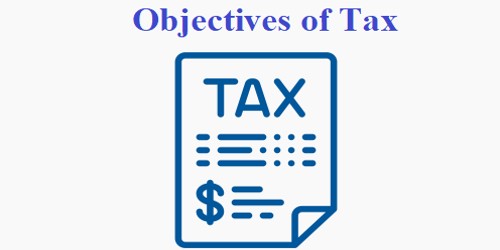Judgment-debtor
A person who has been ordered by the court to repay his debt is known as judgment-debtor. S/He is one who is obligated to pay a debt or damages in accordance with a judgment entered by a court. The term judgment debtor describes a party against which a court has made a monetary award. If a court renders a judgment involving money damages, the losing party must satisfy the amount of the award, which is called the judgment debt.
A judgment debtor is a person against whom a judgment ordering him to pay a sum of money has been obtained and remains unsatisfied. S/He is a person or company that is ordered by a court of law to pay money to another person or company. Such a person may be examined as to their assets, and if the judgment debt is of the necessary amount he may be made bankrupt if he fails to comply with a bankruptcy notice served on him by the judgment creditors. Such a decision gives the winner of the suit, or Judgment Creditor, the right to recover the debt, or award, through extraordinary means, and the court may help the creditor do so.
Here are examples of what you should ask the Debtor to bring to court:
- Driver license,
- Social Security Card,
- Marriage certificate,
- Name and address of employer,
- Most recent paycheck receipts or stubs,
- All bank account statements,
- All real estate deeds for property owned by the Debtor.
The judgment debtor is usually the defendant who lost the litigation where the judgment is an award of money payable by the defendant. State law governs how the debt may be recovered. Although the recovery process can be harsh, the law provides the debtor with certain rights and protection. Before the hearing of the Summons, the Judgment Creditor would have served on the Judgment Debtor the court order requiring the Judgment Debtor to attend court on a certain date for the hearing. A judgment debtor examination is a court proceeding created by law where the party who has obtained a judgment in court is entitled to ask questions of the person who owes that judgment. After completing the questionnaire, the Judgment Debtor should serve the completed questionnaire on the Judgment Creditor’s lawyers prior to the court hearing. If the Judgment Debtor fails to turn up in Court on the date of the hearing, there are legal provisions for committal proceedings to commit the Judgment Debtor to prison. The questions are limited to inquiries about your property, assets, debts, and income. The purpose of the examination is to find a way to have the judgment paid off.
















